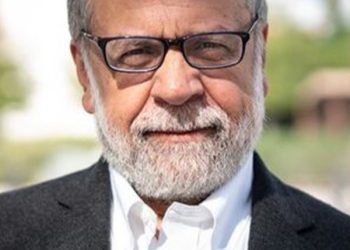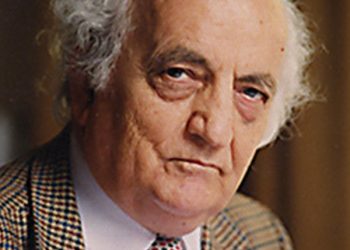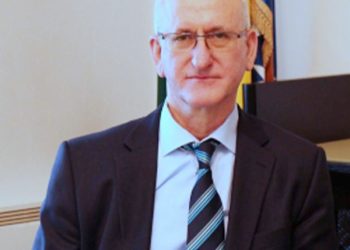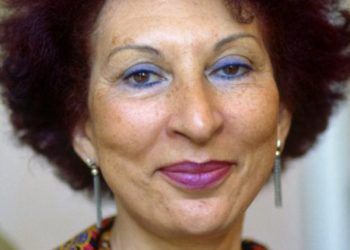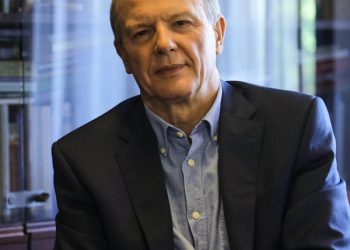Algerian politician who was the President of the Islamic Salvation Front. Prominent Algerian opposition leader Abbassi Madani was born in 1931 and died in Qatar in 2019 at the age of 88. He joined the National Liberation Front (FLN) in his youth but was arrested by the French on November 17, 1954. He was imprisoned until independence in 1962. After studying for a PhD in educational psychology in London from 1975 to 1978, he became a professor of educational sciences at the University of Algiers. Madani became critical of the FLN’s socialist orientation, and in 1989, after the Algerian Constitution was amended to allow multi-party democracy, he founded the fast-growing Islamic Salvation Front (FIS), which was successful in the local elections that followed. On the one hand, Madani advocated the “”step-by-step”” introduction of sharia (Islamic Law) and described Mohammed ibn Abd al-Wahhab, the founder of the dominant religious movement in Saudi Arabia, as “the pioneer of reform-oriented Muslims” (Madani, Abbassi (1931-), n.d.).
In Algeria, he participated in the resistance against French occupation and colonization, which developed into a coherent rebellion in the 1950s. As a member of one of the rebel groups, Madani was tasked with planting a bomb at Radio Algiers. On November 17, 1954, he was captured and arrested by the French authorities and placed in prison, where he remained for the next seven years. From 1975 to 1978, he traveled to the United Kingdom to complete his doctorate in education. Madani returned to the University of Algiers as a professor and taught in the faculty of education. Madani played an important role in shaping Algerian politics for decades and believed in the bright future of the nation. In a 1990 video, Madani summarized Algeria’s revolutionary struggle as follows: “Algeria will either remain the Algeria of the French or it will become the Algeria of the Muslims.” Islamic identity has been a key element in the Algerian revolution due to the alliance between the country’s ulema and Western secular revolutionaries and the absence of any popular Algerian nationalist sentiment.
The FIS was successful as a new political party and won almost half of the votes in local elections in 1990 and 1991, especially in urban areas. However, in 1992, the Algerian army reacted to the Islamist electoral victories, dismissed Bendjedid, annulled the election results and declared the FIS illegal. Madani’s continued visibility in the context of Algerian politics, even in exile, stems from his key role in the unprecedented democratization of the Algerian political system from 1989 to 1991. Madani was perceived as a moderate Islamist. During the 1990 elections, Madani spoke of holding the Qur’an in one hand and knowledge and science in the other; of being able to achieve spiritual life with one and material life with the other. Madani played an important role in the democratization process of Algeria. As an educator and an Islamist, he left many writings suggesting ways to reconcile the role of Islam in political life with the principles of modern society, such as democracy and scientific advances (Doğantekin, 2019). Abbassi Madani (also known as Abbas Madani or Sheikh Abbas Madani) is the leader of the Islamist political movement in Algeria. After 2003, living in exile in Qatar on the Persian Gulf, Madani became one of the key leaders of the Islamic Salvation Front (French: Front Islamique du Salut or FIS).”
References
Doğantekin, V. (2019, April 26). Son of Algeria, hero of glorious defeats: Abbasi Madani. Anadolu Agency. Retrieved March 21, 2023, from https://www.aa.com.tr/en/africa/son-of-algeria-hero-of-glorious-defeats-abbasi-madani/1463047
Madani, Abbassi (1931–). (n.d.). Encyclopedia. Retrieved March 21, 2023, from https://www.encyclopedia.com/international/encyclopedias-almanacs-transcripts-and-maps/madani-abbassi-1931






































